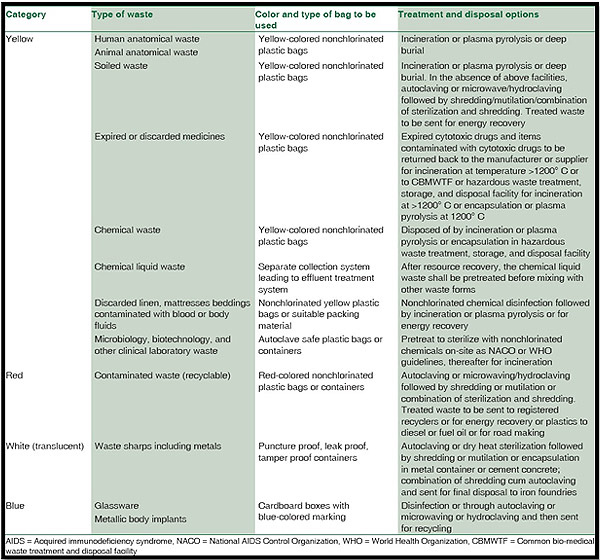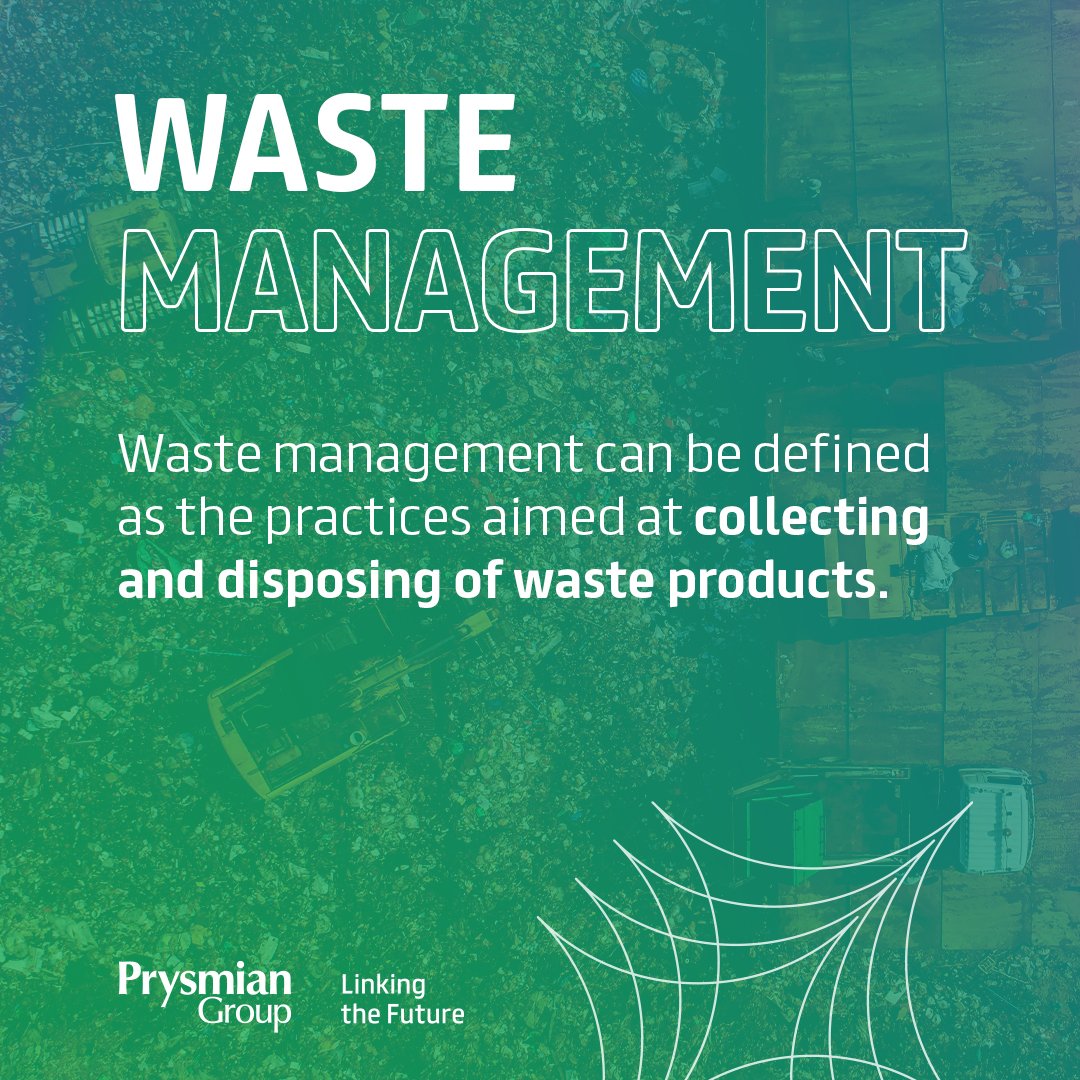Unknown Facts About Reclaim Waste
Unknown Facts About Reclaim Waste
Blog Article
Not known Factual Statements About Reclaim Waste
Table of ContentsReclaim Waste for BeginnersLittle Known Questions About Reclaim Waste.Reclaim Waste Can Be Fun For AnyoneThe smart Trick of Reclaim Waste That Nobody is DiscussingThe smart Trick of Reclaim Waste That Nobody is Talking About
Check out the types, events, and kinds of fluid waste. Residential sewage waste refers to the waste and items from a residential sewage-disposal tank. This type of waste is produced by humans in residences, colleges, and various other buildings. This only includes septic containers that have a drainpipe area. The appropriate monitoring and disposal of domestic sewage waste call for fluid waste to be moved to a sewer therapy plant where the proper methods and devices are put on purify and dispose of waste.
Industrial waste typically includes prospective threats, such as combustible materials or a blend of fluid and strong waste items, and requires an extra sophisticated and detailed disposal procedure. The disposal of commercial waste usually entails the filtration of waste prior to transportation to ensure secure and appropriate disposal. Industrial waste is developed from results and runoff of industrial procedures and manufacturing.
This kind of waste can not make use of the same sewer management transportation or processes as septic or industrial fluids. The commercial waste monitoring procedure calls for the inspection and screening of liquid waste prior to it goes through the disposal process (industrial wastewater treatment). Runoff waste is the liquid waste that comes from drainage and excess stormwater in very booming areas or cities
Runoff waste can create contamination and flooding if not taken care of properly. Ensuring correct waste monitoring can protect against catastrophes and decrease environmental harm.
The 20-Second Trick For Reclaim Waste
Get in touch with PROS Services today to discover our waste administration and disposal solutions and the appropriate ways to take care of the fluid waste you create.
(https://www.callupcontact.com/b/businessprofile/Reclaim_Waste/9368278)This supposed 'wastewater' is not only an important resource yet, after therapy, will certainly be released to our land, rivers or the ocean. Made use of water from bathrooms, showers, bathrooms, kitchen sinks, laundries and industrial procedures is recognized as wastewater.

water utilized to cool down equipment or clean plant and tools). Stormwater, a type of wastewater, is drainage that streams from agricultural and metropolitan locations such as roofing systems, parks, gardens, roads, courses and rain gutters right into stormwater drains, after rain. Stormwater flows untreated straight to neighborhood creeks or rivers, ultimately getting to the sea.
The smart Trick of Reclaim Waste That Nobody is Discussing
In Queensland, a lot of wastewater is dealt with at sewage treatment plants. Wastewater is carried from domestic or industrial sites through a system of sewage systems and pump terminals, known as sewerage reticulation, to a sewage treatment plant. City governments construct, maintain and operate most sewer treatment plants. Operators are certified under the Environmental Security Act 1994 to discharge treated wastewater at an appropriate ecological criterion right into waterways.
The Department of Natural Resources recommends local governments concerning managing, operating and keeping sewage systems and therapy plants. In unsewered locations, local federal governments may require homeowners to install individual or home sewage treatment systems to deal with residential wastewater from bathrooms, kitchen areas, bathrooms and washings. The Division of Natural Resources authorises the use of house systems when they are confirmed to be efficient.
Many stormwater obtains no therapy. In some new neighborhoods, therapy of some stormwater to get rid of trash, sand and gravel has actually started making use of gross pollutant traps. Wastewater treatment takes place in four phases: Gets rid of strong issue. Bigger solids, such as plastics and other things incorrectly discharged to sewage systems, are gotten rid of when wastewater is travelled through screens.
Utilizes little living microorganisms understands as micro-organisms to break down and eliminate continuing to be dissolved wastes and great bits. Micro-organisms and wastes are included in the sludge.
The Ultimate Guide To Reclaim Waste
Nutrient elimination check this site out is not offered at all sewage therapy plants because it calls for pricey specialized tools. Clear fluid effluent generated after treatment might still have disease-causing micro-organisms - industrial wastewater treatment.

This normally means wastewater has to be treated or contaminants eliminated before it can be discharged to rivers. Many wastewater moves into the sewage system. Under the Act, regional governments provide authorizations and permits for environmentally pertinent tasks (Ages) including wastewater releases that may have a regional influence. The department administers authorizations and permits to ERAs including wastewater releases that could have a regional or statewide impact.
Unknown Facts About Reclaim Waste
Surveillance gives factual info regarding water top quality and can validate that licence conditions are being met. The info acquired via surveillance gives the basis for making water high quality decisions.
Report this page